Most drivers get caught speeding at some time during their driving experience. A common scenario occurs when a policeman uses a lidar speed meter to indicate that a car is over the speed limit. When the car is caught and pulled over, the driver shows a surprised innocent face attempting to get away. But when the policeman shows the driver the reading on his lidar speed meter he knows he’s going to have to pay that fine. Can the driver claim that he was within the speed limit, claiming that the lidar instrument is not calibrated recently?
Various lidar instruments may be used to measure speed, direction of motion of a motor vehicle, and the distance to another moving vehicle. Lidar instruments are used by the police to enforce speed limits, and to analyze car crashes or crime scenes in order to reconstruct the scenes.
It is of utmost importance that these instruments make accurate measurements of power output, wavelength, frequency and beam divergence angle. The instrument calibration certification must stand up to professional analysis and in a court challenge. In order to achieve high reliability, these laser instruments are required to be periodically maintained and documentation to that effect is often requested.
Independent lidar certification companies depend on Ophir products to accomplish instrument certification. The Ophir Nova or Laserstar series power meters, along with appropriate photodiode sensors provide the optical instrumentation to the lidar certification companies for use on a daily basis for technical support and calibration of lidar instruments used in law enforcement.
Using an Ophir power meter, together with Ophir’s data collection software package, StarCom or StarLab, certification labs are able to generate permanent data file records of each instrument’s certification profile and paper copies for presentation in a court at a future date. Dick McCreary of Ohio Calibration laboratories stated: “Use of the Nova or Laserstar and StarCom in combination results in a low cost but very impressive data collection product that is convincing to the non-technical person and hard to challenge by the professionals analyzing the data”.
Read the full article by Dick McCreary of Ohio Calibration laboratories
You might also like to read: Calibration for cops
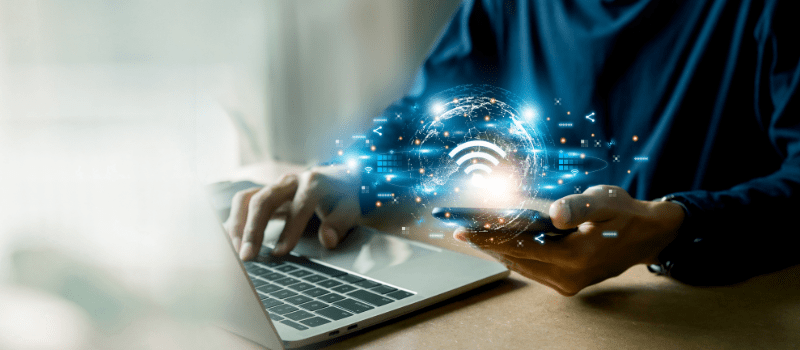

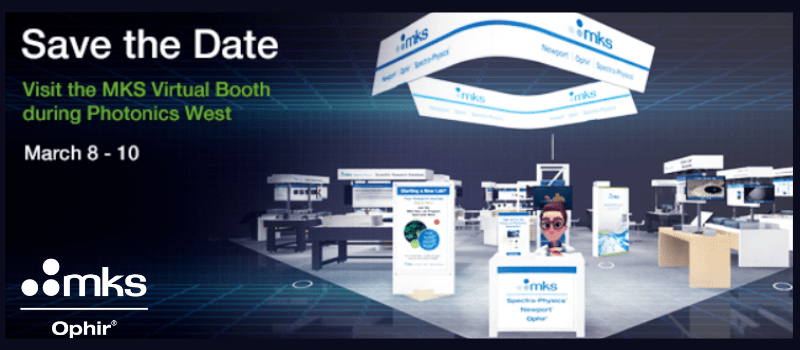
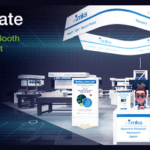


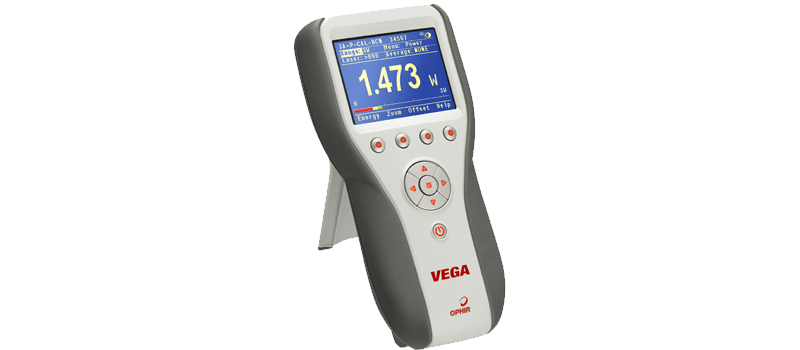
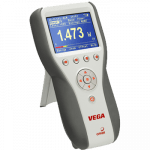
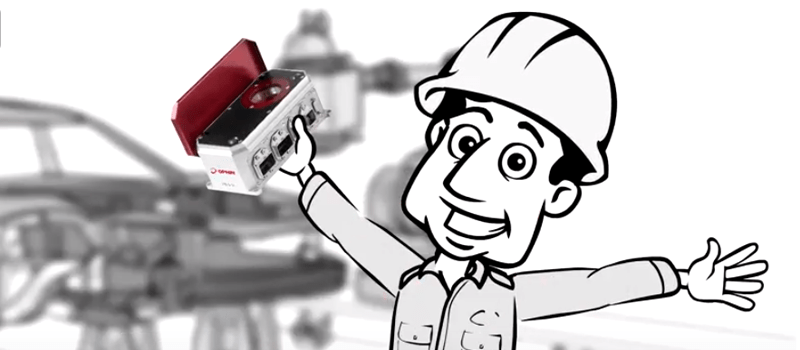



Leave a Reply
Your email address will not be published. Required fields are marked *